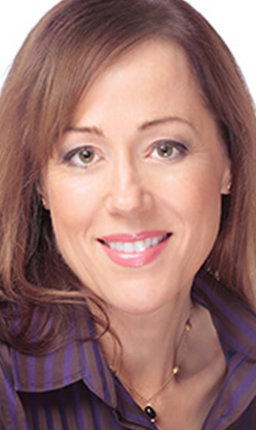Designing the Grid of the Future to End Energy Poverty Together Faster: Lessons from the 'Twaake' pilot project in Uganda
Currently, nearly 800 million people live without electricity worldwide. The current bias toward the traditional centralized power grid is outdated and costly, especially for communities living in remote rural areas in Sub-Saharan Africa and Asia.
One of the solutions to the energy inequities has been through Decentralised Renewable Energy (DRE) solutions such as solar. Hundreds of private-sector companies have emerged, focussing on household solar and mini-grids, and provided improved electricity to over 300 million people.
However, if the world is to succeed in ending energy poverty by 2030 to achieve Sustainable Development Goal 7, utilities in low energy access countries and private sector companies must join forces to permanently "move the needle."
Power for All is piloting an integrated energy project in Uganda, the Utilities 2.0 project (also named Twaake, meaning light up in the local Luganda language), which has provided knowledge and evidence on how power utilities and solar off-grid companies can work together to set up an integrated, intelligent and interactive energy system that can deliver customer-centric, clean energy solutions at the lowest cost, in the fastest time. From the pilot project, the following have been achieved:
- Accelerated pace of access by five years: There are 380 connections at the integrated site in less than one year.
- Accelerated demand: There was a 3000% greater demand at the integrated site against the control sites in year one. The integrated energy sites achieved the same consumption as at the control site at a fraction (1/8) of the time.
- Reduced connection cost: The integrated energy approach was 11% cheaper than the business as usual grid connection.
- The project has highlighted the need for regulatory reforms and financing for an integrated approach to work. These include the need for regulatory stakeholders to adopt efficient and standardized processes for site approval and the need to adopt an integrated energy planning approach that accelerates the pace of access. Providing appliance financing increased demand for electricity and contributed to improving the community's livelihoods.
- Project has shown that integrated energy electrification is the least costly for consumers, providers, and governments and allows optimization of resources to increase energy access to communities across the country.

Kristina Skierka
CEO
Power for All
Kristina Skierka is the CEO of Power for All, a global campaign to accelerate the end of energy poverty. She manages an international team that has built a coalition of more than 300 partners and launched initiatives to accelerate the adoption of decentralized renewable energy (DRE) in numerous countries including, Nigeria, Zimbabwe, Sierra Leone, India, Ethiopia, and Uganda. Kristina has over 20 years of experience in the energy sector. With a global reputation for her work to advance clean technologies, Kristina is regularly cited as an expert on distributed energy, renewables and sustainability, and has been featured in The New York Times, Greentech Media, Forbes, and The Huffington Post. Kristina was named Energy Foundation's Senior Fellow in 2009, a finalist for both the 2015 Clean Energy Ministerial's C3E award and the 2016 Climate Solutions Accelerator. Kristina has been named one of The African Power & Energy Elites for 2020 by ESI Africa. Kristina is based in San Francisco, California.
CEO
Power for All
Kristina Skierka is the CEO of Power for All, a global campaign to accelerate the end of energy poverty. She manages an international team that has built a coalition of more than 300 partners and launched initiatives to accelerate the adoption of decentralized renewable energy (DRE) in numerous countries including, Nigeria, Zimbabwe, Sierra Leone, India, Ethiopia, and Uganda. Kristina has over 20 years of experience in the energy sector. With a global reputation for her work to advance clean technologies, Kristina is regularly cited as an expert on distributed energy, renewables and sustainability, and has been featured in The New York Times, Greentech Media, Forbes, and The Huffington Post. Kristina was named Energy Foundation's Senior Fellow in 2009, a finalist for both the 2015 Clean Energy Ministerial's C3E award and the 2016 Climate Solutions Accelerator. Kristina has been named one of The African Power & Energy Elites for 2020 by ESI Africa. Kristina is based in San Francisco, California.